Why is my child so clingy and whiny?
The FREE Peaceful Tantrums Class is now available > CLICK HERE
Some of the trouble with this sticky (sorry!) topic is that in our W.E.I.R.D (Western, Educated, Industrialized, Rich, Democratic) societies – we have a warped understanding about independence vs interdependence.
Whilst we often deny them dependency where they most need it (such as sleeping close to us, being held by us, being fed by us) – we deny their independence where they are ready for it – such as playing independently on the floor, without adult direction, teaching, and entertainment.
 If we push a child into independence they’ll cling to us even harder. Provide that push and pull - allowing them to explore and pull away, while still looking back to see that we’re there safely.via @ParentingJunkieTweet This
If we push a child into independence they’ll cling to us even harder. Provide that push and pull - allowing them to explore and pull away, while still looking back to see that we’re there safely.via @ParentingJunkieTweet This
Why do children become overly clingy?
They may be experiencing stress – and all kids do sometimes. When kids are going through big developmental stages, developing new skills, going through a transition like moving house or having a new sibling, when they’re mastering a new skill like walking or potty training… they’re more likely to need you. Just as you would need your partner or friend more intensely if you were going through a big stressor. Makes sense.
The trick is to see it and identify it – and in this case, provide the extra support. During these times we want to provide a safe base for them. (I know, not always possible when you’re likely also experiencing that same transition! In that case – give yourself grace, you’re doing the best you can!)
Overly involved parenting – the infamous helicoptering. can definitely induce clinginess – when a parent leaves the metaphorical (or literal!) “home base” and follows a child into their exploration – fixing things for them, clearing obstacles from their way, and becoming overly involved in their frustrations. Entertaining them, jabbering at them endlessly, “teaching” all the time and answering every whim of theirs that they could be doing for themselves (like getting a glass of water or figuring out an issue with a friend.)
If you’re getting involved in all these places, they’re getting the message from you that they can’t do it themselves and they should instead rely on you and cling to you. It’s kind of a bad habit – they’ve gotten used to getting you to do what they could be doing.
This doesn’t mean you should decline helping your child when they need help, but rather that you should trust and support their development and only provide the minimal scaffolding that’s necessary.
In a case like this, you may have inadvertently developed a codependent relationship (don’t worry! This is easily reversed while they’re still young…just follow along below.)
Codependency vs. Interdependency
From Wikipedia: Codependency is a controversial concept for a dysfunctional helping relationship where one person supports or enables another person’s addiction, poor mental health, immaturity, irresponsibility, or under-achievement.
Of course, children are dependent on us – emotionally, physically, financially, and in practically every way. But our relationship needs to support them as autonomous individuals, and foster independence as gradually (over the course of many years) separating from us.
Interdependency has many definitions but I’m using it here to describe is a healthy connection where we’re both individuals who are part of a relationship. Co-dependency feels unhealthy and dysfunctional when we’re not actually respecting the separation of individuals. A codependent relationship feels like a burden to the parent – and feels stifling to the child. They feel they don’t have agency and potency or the ability to stand on their own two feet and make some decisions for themselves.
(Remember even babies can make decisions for themselves such as what to look at or how to explore their bodies right now).
Not to mention that adults in our culture need space! Most of us are alone for much of the day and feel isolated from other adults, help, and support. We feel buried under the relentlessness of caring for young children. It can lead to a sense of depression and feeling depleted.
This is why we so often resort to screens – fair enough – the trouble is that this often increases our children’s clinginess and dependency. Again they’re hooked on external entertainment and someone else solving the problem for them. For more on this see slow parenting and the importance of boredom.
I believe our role is to proactively go out and support our children’s quest for intrinsic self-driven independence whilst still offering them the safety of connection and dependency on us. Rather than brushing them off with a “go play!” We need to craft a schedule and an environment that supports that kind of quest.
To that end, some ideas:
5 Ways to Reduce Clinginess
Fill your children’s love cups: positive vibes. They need to know we love being close to them. They need to know that going off on their own is safe, it doesn’t hurt our feelings and that we’re a sound base that they can return to. (You may need to repair some attachment wounds first).
Create an environment that supports play and independence (see the three play zones here). We want to set up our home so that our children are able to and induced to maneuver throughout the day independently – as much as possible.
Become a play coach – Be the adult in the room who knows how to support children as they bump up against rivalry, boredom, or frustrations. Rather than shutting things down as soon as our children hit an obstacle (“But mom, I’m bored” or “But Alias hit me!”) – become adept at facilitating a growth mindset through (and out of) these setbacks.
Support true independence – not by shoving a child off and telling them to “go play”. But rather by catering to their genuine quest for independence and providing the time, space, and materials needed to explore their interests.
Take a break – find support so that you can get some space and really come back with better energy for your child. The more you’re entrenched in a clingy relationship that feels like too much to you – the more you push your child away – the greater the disconnect – and the clingier the child will become. Come back when you’re ready to truly be a secure attachment figure for them. When they sense your ease with your role, they can feel easy to go off and explore. They don’t feel the urge to cling to you tighter, for fear of you pulling away.
To do all this, of course, you will need to prioritize your self-care. Develop that practice. If you’re ready to get your environment going and inducing play at home download the childhood design guide.
↓ ↓ ↓ LEAVE A COMMENT! I love to hear from you…
Give our community the benefit of your story about clinginess – Or just let me know if you like this post and want more like it. ↓ ↓ ↓
Manage Tantrums like a Peaceful Parenting Ninja – without punishing, yelling, bribing, or counting the 3. The Ultimate Parenting Junkie Guide to Transforming Tantrums into P-E-A-C-E
Take the FREE Peaceful Tantrums Class!
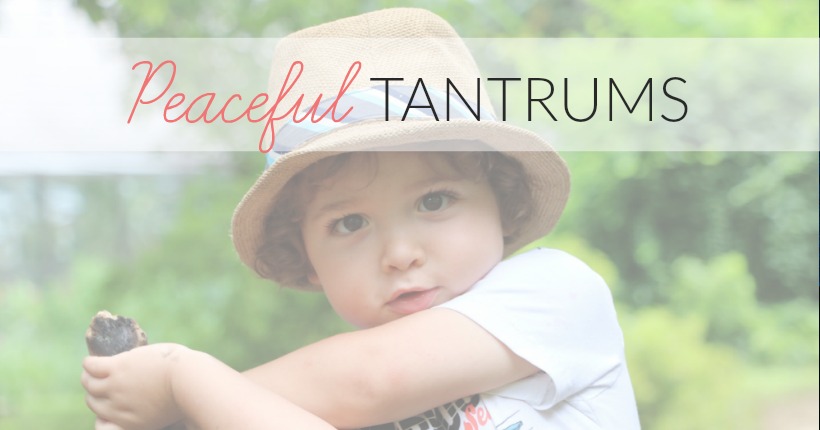

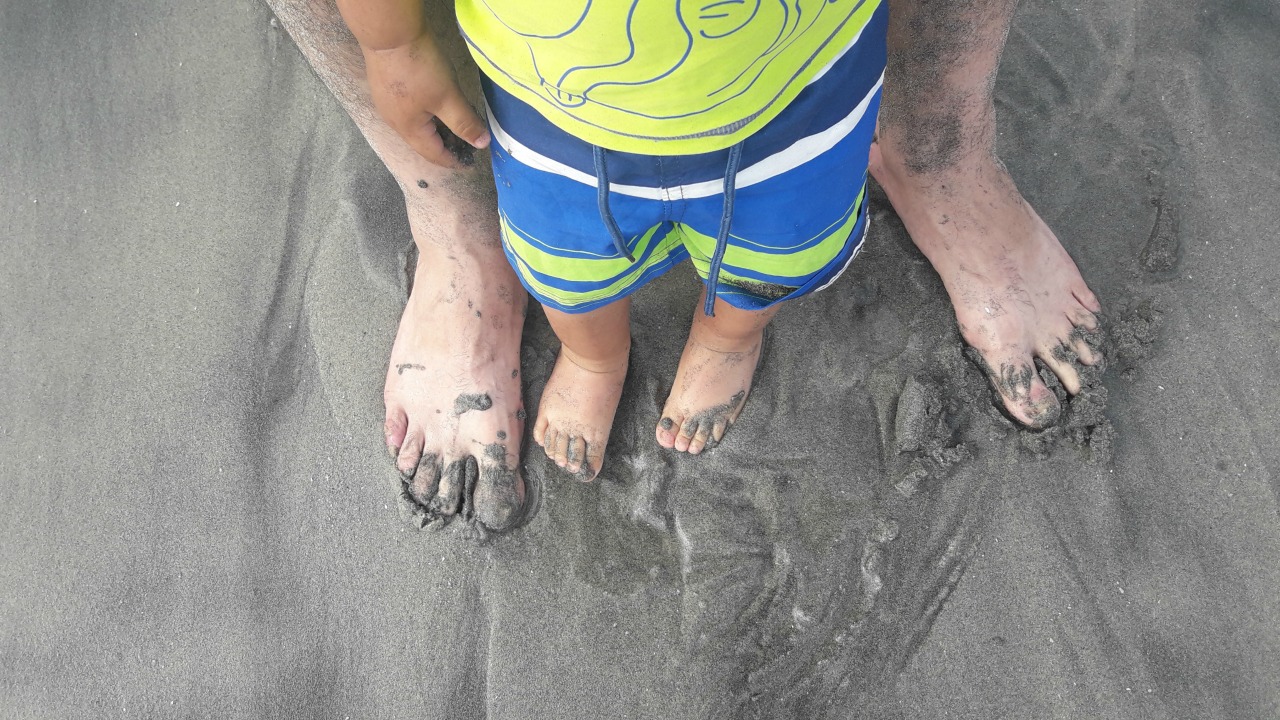


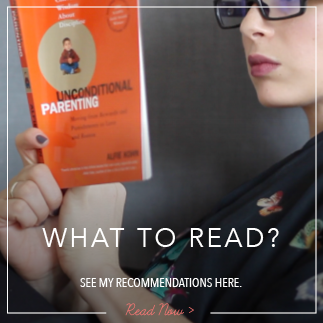
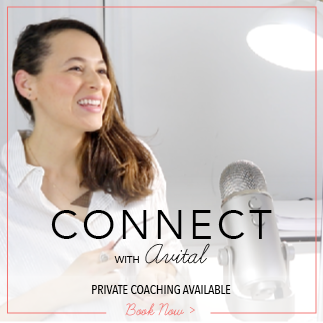


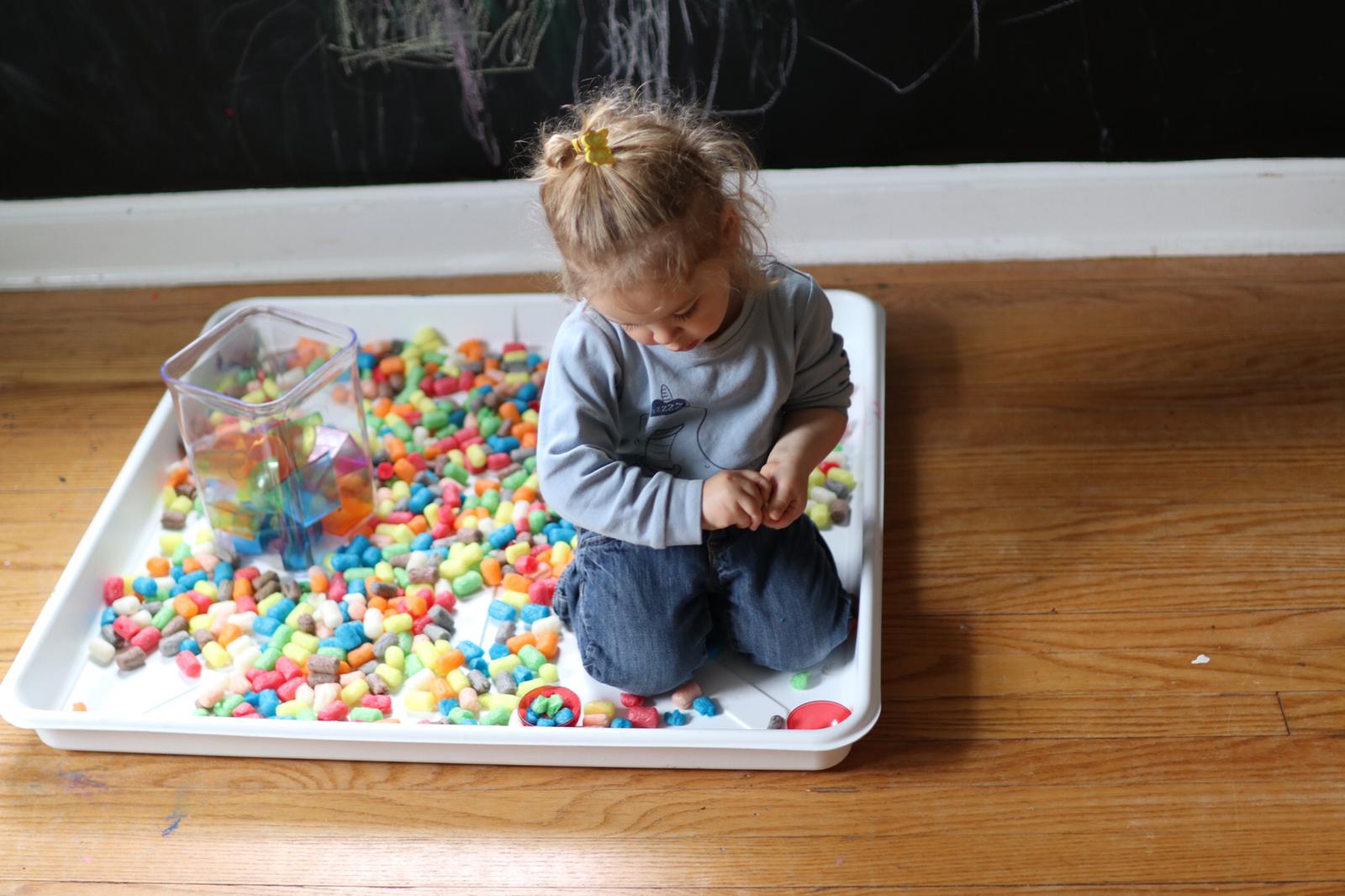

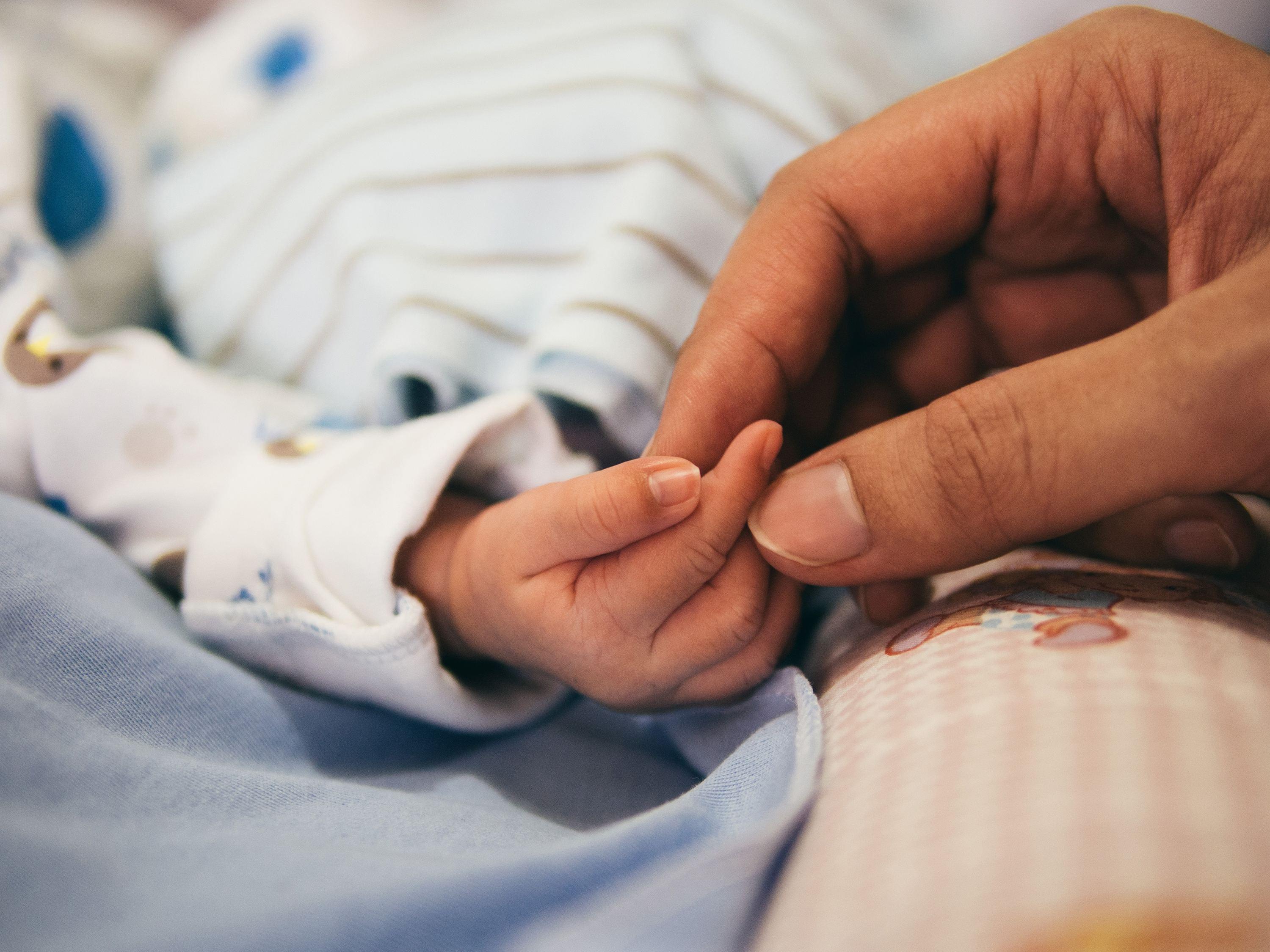
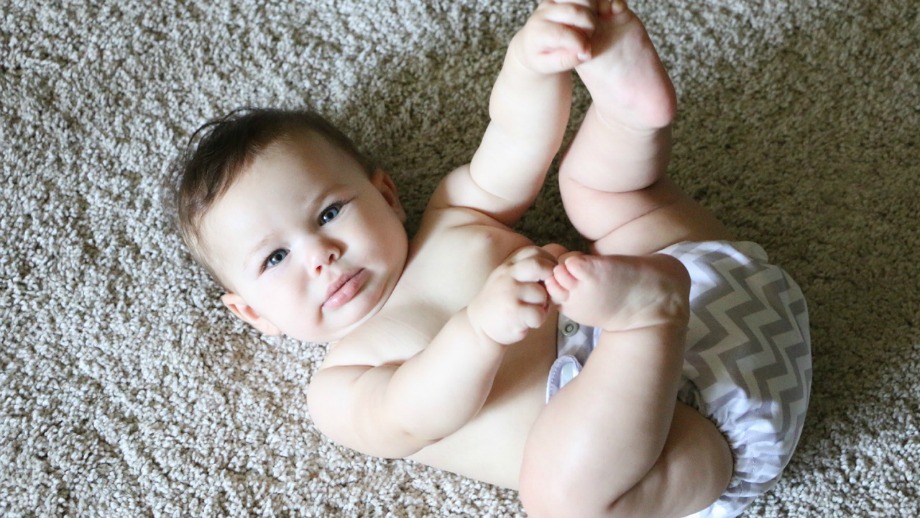
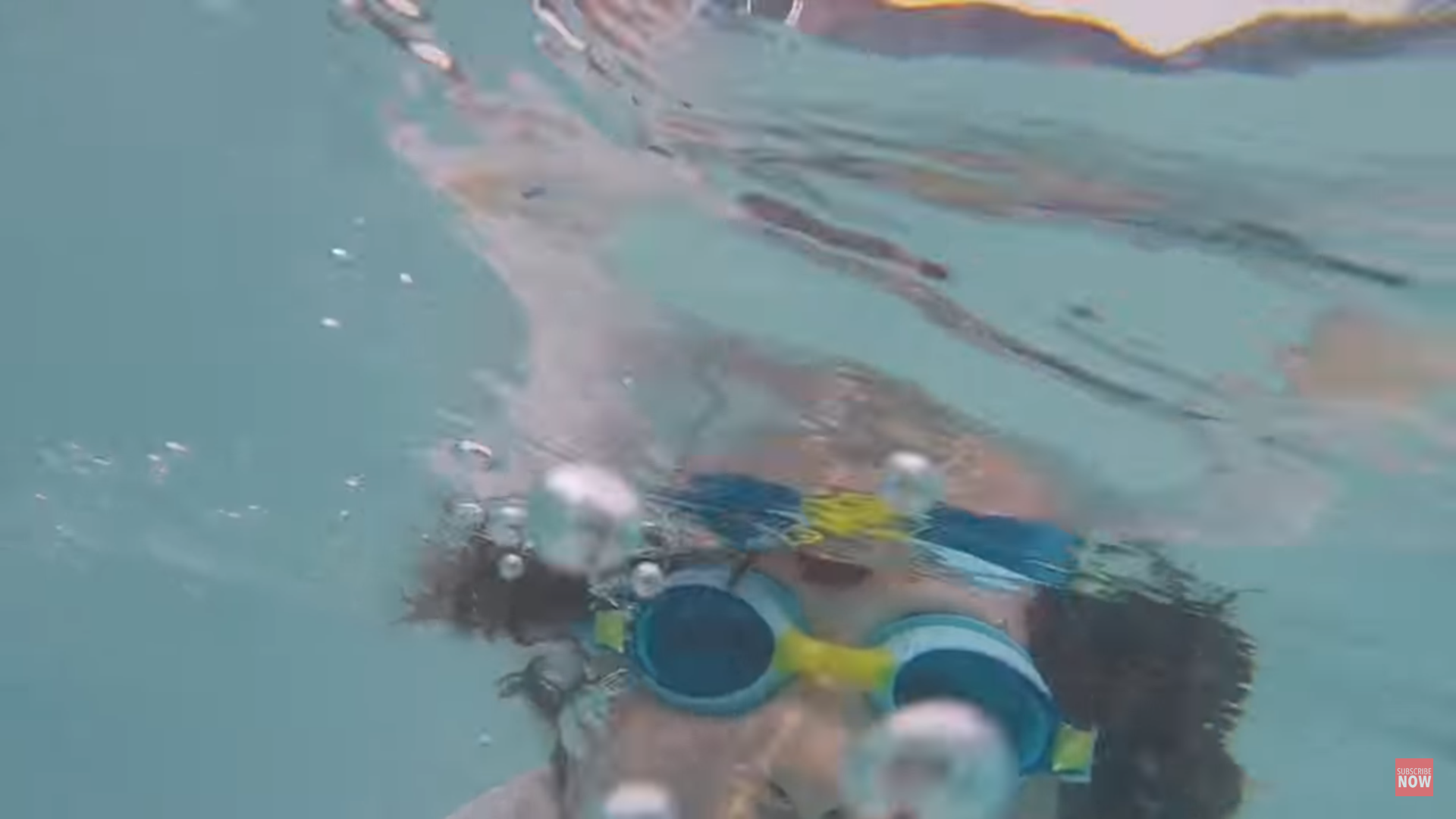

Avital hi!
You have so brilliantly put into words what I’m sure most of us know is going wrong in actuality! Really great article and have just signed up for the childhood design guide. Thank you so much x
Thanks Stephanie! Yay, enjoy the guide! xx
Oh boy this is such a great article. I feel soooo touched out all the time, and freak out if anyone pulls my hair even the slightest. I sometimes wonder if I am attachment parenting gone wrong….in one way my daughter is fiercely independent, and I can drop her off with other people and she is happy as ever. She will wander far far away and is not afraid of new situations. BUT when we are together I still feel like she is so needy, has a million requests for me, and would love to be nursing all day and night and I feel like I am “giving in” now as opposed to providing closeness, it is wierd! I get that is a delicate dance. And maybe she needs other kind of undivided attention more deliberately from me. Great article, thank you!